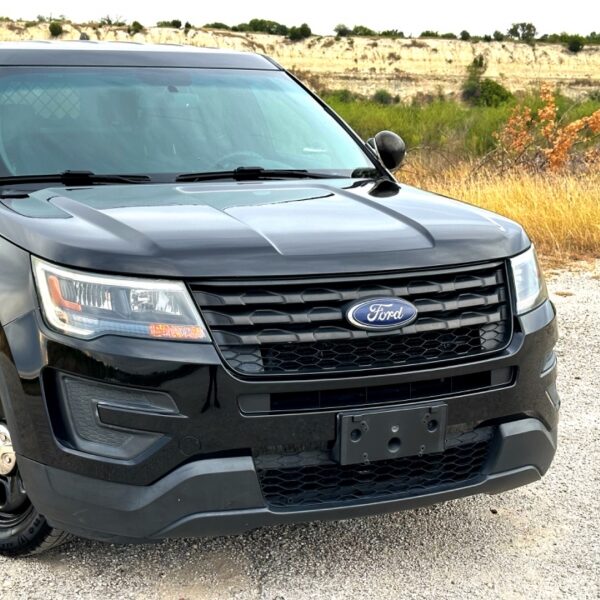If your Ford Explorer 3.5L engine is not getting good gas mileage, there are several things you can do to improve it:
- Check tire pressure: One of the most common causes of poor gas mileage is underinflated tires. Regularly check your tire pressure and make sure they are inflated to the recommended level.
- Check air filter: A dirty air filter can restrict airflow to the engine, which can cause poor gas mileage. Check your air filter and replace it if necessary.
- Check fuel injectors: Dirty fuel injectors can cause poor gas mileage. Have a mechanic inspect and clean your fuel injectors if necessary.
- Use the right fuel: Use the fuel recommended by the manufacturer for your vehicle. Using lower-grade fuel can cause poor gas mileage.
- Change oil and oil filter: Regular oil changes and filter replacements can improve your vehicle’s gas mileage.
- Reduce weight: Remove any unnecessary weight from your vehicle, such as heavy items in the trunk or on the roof. This can include drawer systems.
- Check for leaks: A leak in your vehicle’s fuel system can cause poor gas mileage. Have a mechanic inspect for leaks and repair if necessary.
- Check wheel bearings: Worn or damaged wheel bearings can cause friction, which makes the engine work harder and burn more fuel to maintain speed. This can lead to decreased fuel efficiency and lower MPG. Have them inspected and replaced by a qualified mechanic to ensure optimal fuel economy and performance.
- Check for stuck brakes: Sticking brakes can cause a significant decrease in MPG. Look out for signs such as a dragging sensation, uneven wear, burning smell, or overheated wheels. Have your brakes inspected by a qualified mechanic if you experience any of these symptoms.
- Check for carbon buildup: Carbon buildup in an engine can cause incomplete fuel combustion, leading to reduced fuel efficiency and lower MPG. Have it inspected and cleaned by a qualified mechanic. Regular maintenance can also help prevent carbon buildup and ensure optimal fuel economy.
- Check oxygen sensor: A malfunctioning oxygen sensor can cause an improper air-to-fuel ratio, leading to decreased fuel efficiency and reduced MPG. Have it diagnosed and replaced by a qualified mechanic to improve fuel economy.
- Drive efficiently: Driving habits can also affect gas mileage. Avoid aggressive driving, excessive idling, and speeding.
By following these tips, you can improve your Ford Explorer 3.5L engine’s gas mileage and save money on fuel costs. Additionally, a well-maintained engine can prolong the life of your vehicle and improve overall performance.


